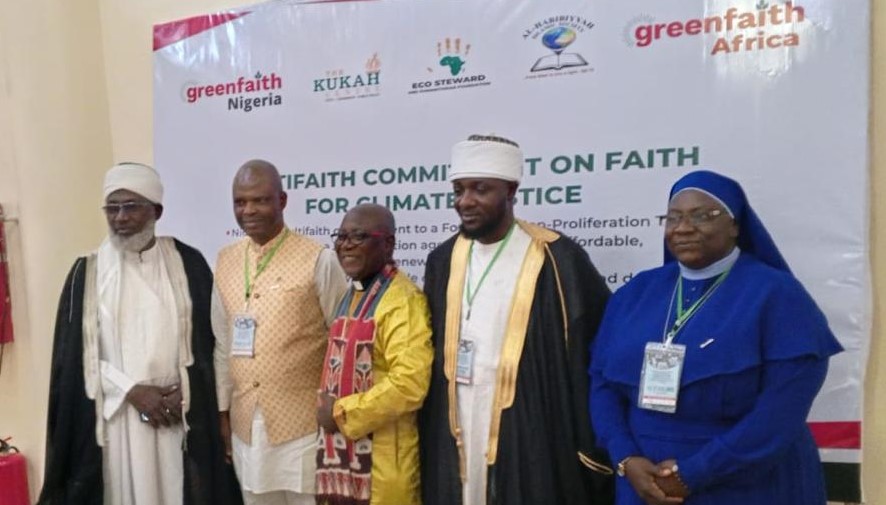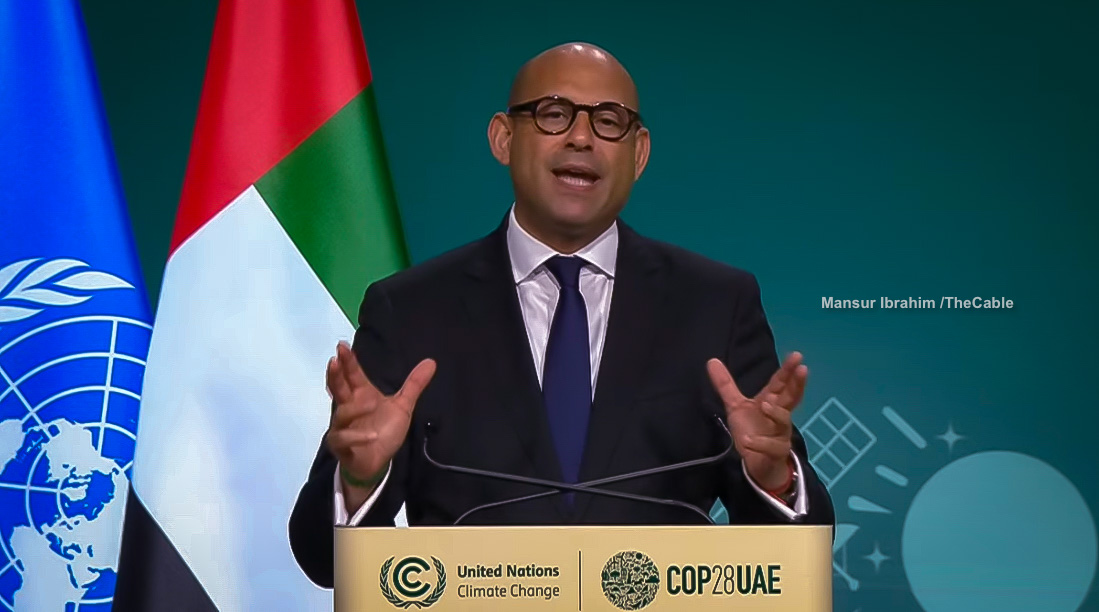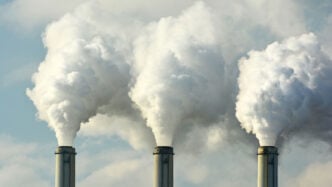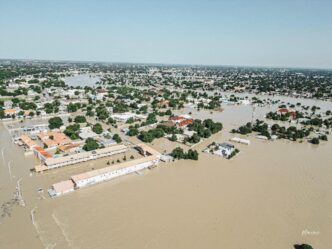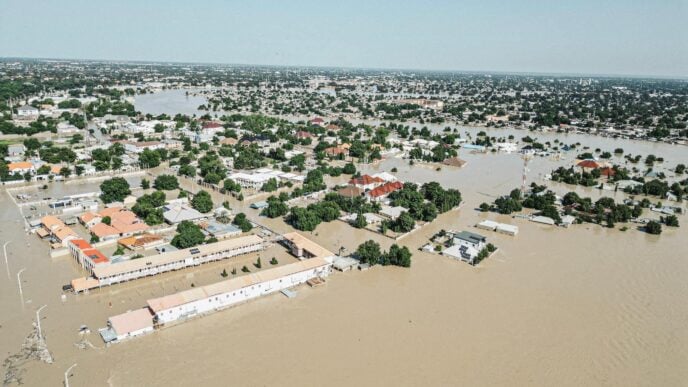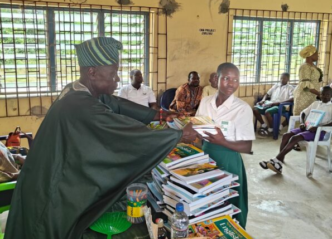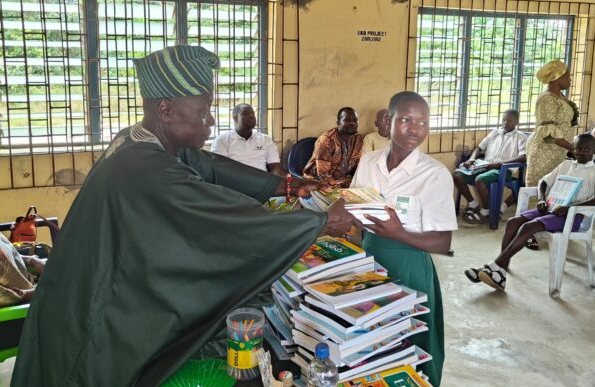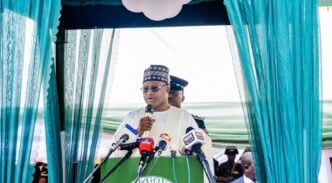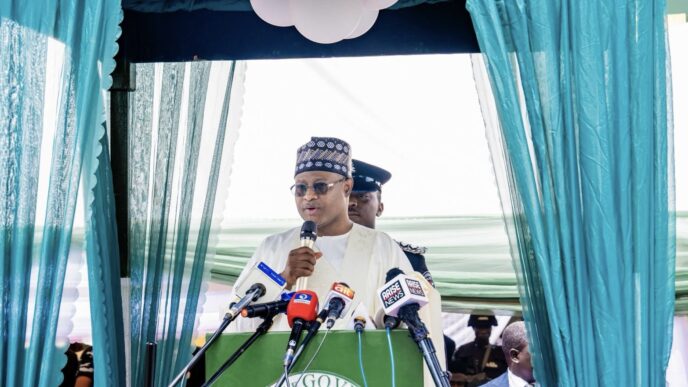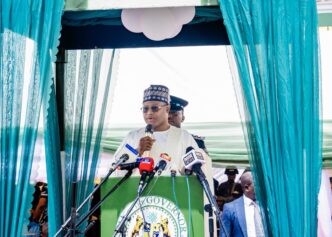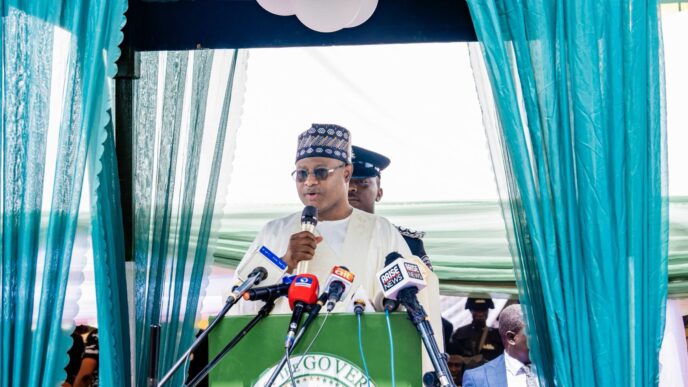Religious leaders have asked the federal government to develop a roadmap for phasing out fossil fuels.
The faith leaders spoke in Abuja during a national consultative dialogue on medium- and long-term climate goals on Monday.
The Kukah Centre, Eco Steward, Al-Habibiyya Islamic Society, and GreenFaith Africa organised the dialogue titled ‘Facilitating a just transition from fossil fuels to an equitable renewable future in faith’.
Several religious leaders who spoke at the event urged the government to phase out fossil fuels and invest in renewable energy.
Advertisement
Fossil fuels include coal, oil, and natural gas, derived from the remains of ancient plants and animals that lived millions of years ago.
When fossil fuels are burned, they produce energy, but their combustion releases carbon dioxide, which contributes to global warming.
Fossil fuels are non-renewable. They take several years to form and are depleted much faster than they are naturally replaced.
Advertisement
Speaking at the event, Atta Barkindo, the executive director of The Kukah Centre (TKC), asked the government to prioritise investments in renewable and clean energy.
Barkindo said activities of fossil fuels are contributing to environmental degradation, leading to the displacement of communities, deepening inequality, and the erosion of livelihoods.
“We urge the Nigerian government to increase its commitment to renewable energy by prioritising investments, offering incentives, and expanding supportive policies for solar and wind projects,” he said.
“With decisive action, Nigeria can lead Africa’s clean energy future and foster a more sustainable, equitable, and resilient economy.
Advertisement
“The climate crisis we face is not just an environmental or economic issue; it is a profound moral issue.
“Fossil fuels have driven the global climate into peril, and Nigeria, despite its contributions to the problem, stands vulnerable to the worst impacts: droughts, floods, heat waves, and food insecurity.
“We are here today to raise a unified voice in demanding a just transition from fossil fuels to renewable energy that honours both the dignity of the human person and the integrity of creation,” he said.
Also speaking, Fuad Adeyemi, the chief imam of Al-Habibiyya Islamic Society, emphasised the need for religious leaders to educate their followers on environmental protection.
Advertisement
He said faith leaders are “trusted voices,” noting that it places a responsibility on them to raise awareness and advocate a transition to a clean energy future.
“Nigeria, like many nations, faces an urgent need to transition from fossil fuels to renewable and sustainable sources of energy,” Adeyemi said.
Advertisement
“Climate change is already impacting our weather patterns, food security, and health.
“Prolonged droughts, heat waves, and unpredictable rainfall patterns affect our farmers, threaten food supplies, and lead to resource conflicts.
Advertisement
“Those who suffer most are often the poorest among us, whose lives depend closely on the land and its stability.”
Hafisat Mohammed, a climate change activist with Greenfaith Nigeria, said the country is facing climate challenges due to oil extraction in the Niger Delta region and mining activities in the north.
Advertisement
Lilian Chibiko, a member of Greenfaith Nigeria, said she has been mentoring women on how to use clean energy in their businesses.
“In most parts of the country, women smoke fish. We have been telling women: Please, instead of cutting trees and causing deforestation, using charcoal to smoke fish, it is better to use solar dryers,” she said.
“I have been going around to teach them how they can install this solar dryer and use it to smoke their fish. By so doing, they save the environment.”
Chibiko added that she will continue to take the renewable energy message to rural communities to educate women.
Add a comment
